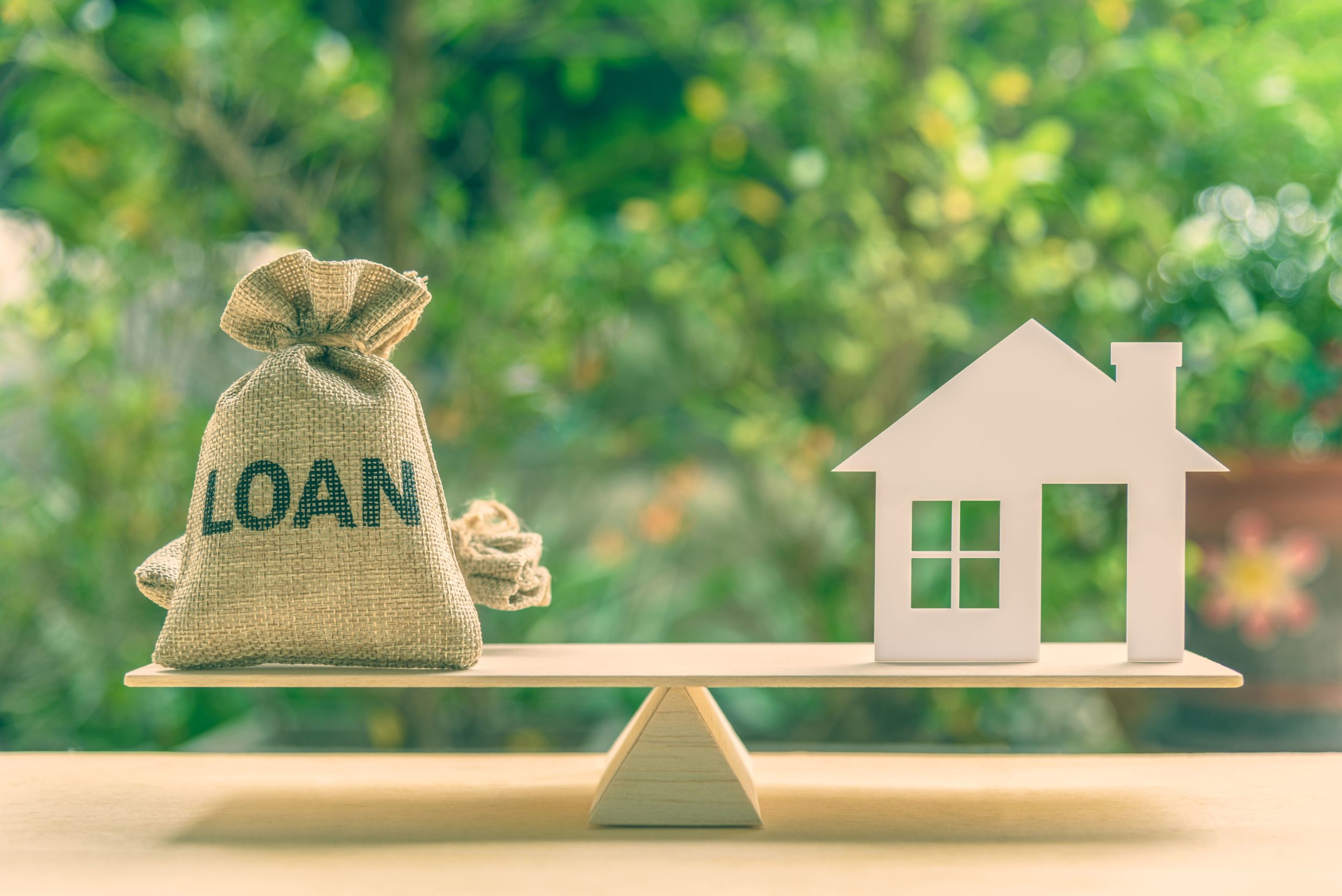Home Equity: What It Is And How To Build It

Home equity refers to the portion of a homeowner’s property that they own outright.
It is calculated by subtracting the remaining balance on the mortgage from the property’s current market value.
Home equity can increase over time as the homeowner pays down their mortgage and as the value of the property increases.
*** SPECIAL NOTE *** – If your credit cards, personal loans, or medical debts have become unmanageable and you owe over $20,000… then go here for debt relief. We can help!
One way that homeowners can use their home equity is by taking out a home equity loan or home equity line of credit (HELOC).
These types of loans allow homeowners to borrow against the equity in their home and use the funds for various purposes, such as home improvements, debt consolidation, or paying for education or medical expenses.
Factors That Impact A Homeowner’s Equity
There are several factors that can impact a homeowner’s home equity, including the size of their mortgage, the length of the loan term, and the interest rate on the mortgage.
Homeowners with larger mortgages or higher interest rates may have less home equity, as a larger portion of their payments go towards interest rather than paying down the principal balance of the loan.
In addition, property values can fluctuate over time, which can affect a homeowner’s home equity. If the value of the property decreases, the homeowner’s equity may also decrease.
Another way that homeowners can build equity in their home is by making additional principal payments on their mortgage.
By paying more than the required monthly payment, homeowners can reduce the balance of their mortgage faster, which can increase their home equity.
It is important for homeowners to be aware of their home equity, as it can be a useful financial tool.
However, it is also important for homeowners to carefully consider any decisions to borrow against their home equity, as these loans typically have higher interest rates than traditional mortgages and the borrower’s home serves as collateral for the loan. If the borrower is unable to make the required payments, they may risk losing their home.
At Americor, we understand the unique financial challenges people are facing today.
As America’s trusted source for debt relief solutions, we aim to empower you with financial knowledge that can lead to informed decisions, whether it’s about savings, investments, or managing debt.
If your debt has become unmanageable and you have difficulty making your debt payments each month, then you should consider a FREE consultation call with one of our certified Debt Consultants, who can provide personalized debt relief advice tailored to your specific needs.
By taking proactive steps today, you can put an end to your financial stress and work towards a brighter financial future.
Remember, there is always hope for debt relief, and our team of experienced professionals are ready to guide you on your journey to regaining control of your finances.
For more information on Americor’s debt relief services, contact us today to see how we can help you eliminate your debts, and get on the fast-track to becoming completely debt-free!